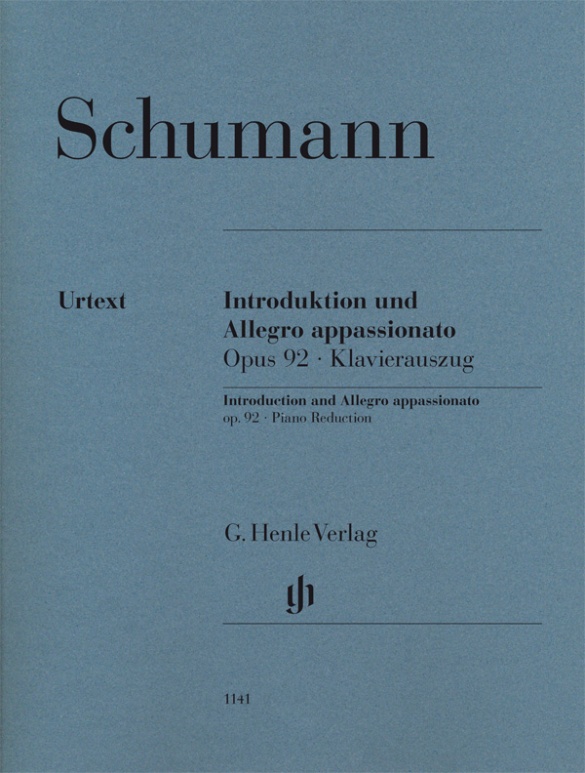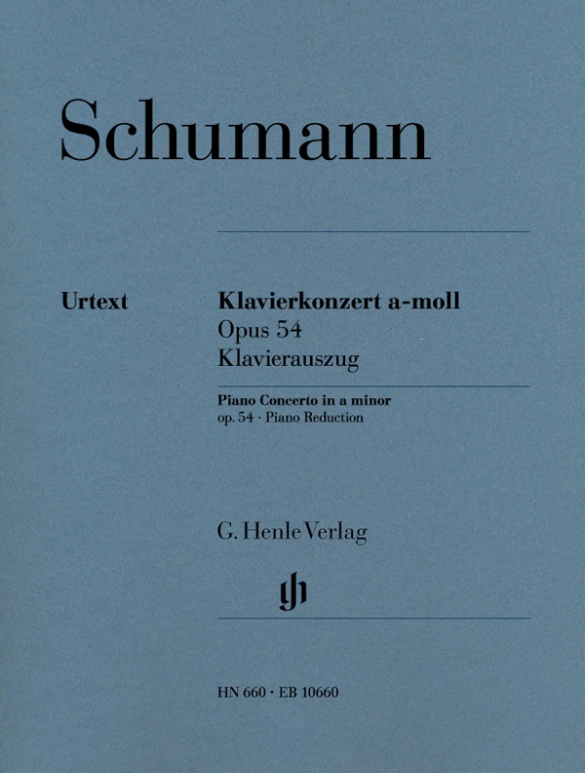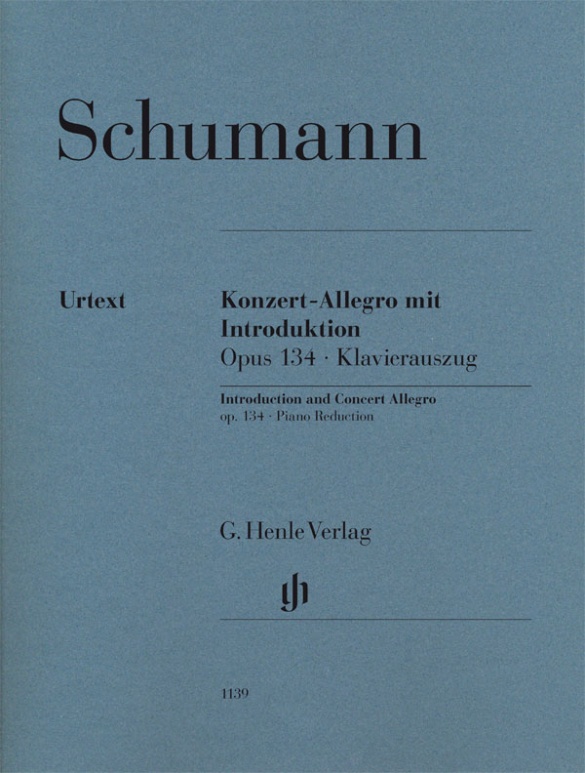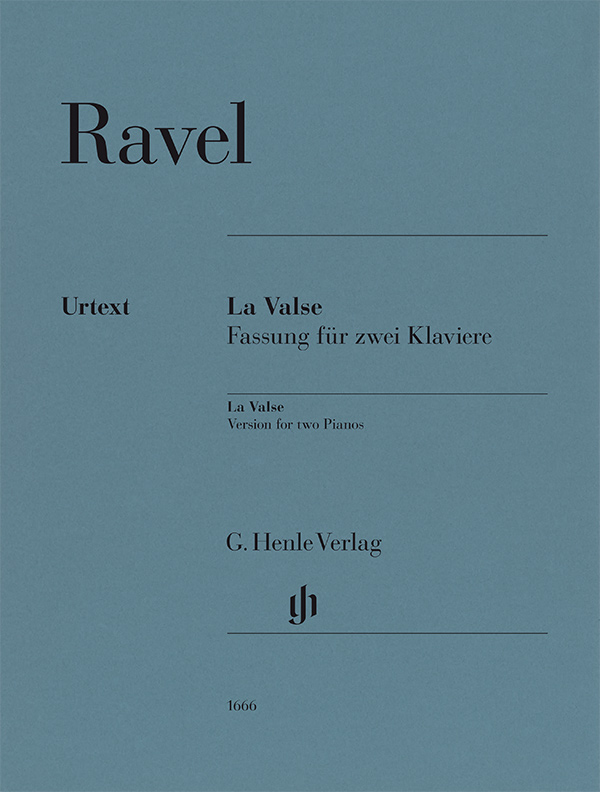Robert Schumann
Introduction and Allegro appassionato op. 92 for Piano and Orchestra
>Their formal composition is very innovative: the three movements usually in a concerto have been combined to form one single movement. Clara Schumann, who played the solo part in the première of opus 92 on 14 February 1850 in the Gewandhaus in Leipzig, enthusiastically noted in her diary, “I am very looking forward to playing it – it is very passionate and I am sure I will play it thus”.
内容/詳細
(解説)
作曲家について
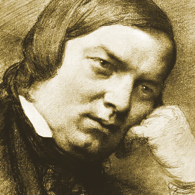
Robert Schumann
Connected with his oeuvre is the term he coined, Poetic Music, with which he strove for a fusion of literature and music, a paradigm particularly seen in his lyric piano pieces prior to 1839. Thereafter he devoted himself to other genres (song, symphony, chamber music, among others).
| 1810 | Born in Zwickau on June 8, the son of a bookdealer. |
| from 1828 | Studies law in Leipzig, piano with Friedrich Wieck. Decision to pursue a career in music. |
| 1830–39 | He exclusively composes piano works, mostly cycles, including “Papillons,” Op. 2 (1829–32); “Carnaval,” Op 9 (1834/35); “Davidsbündlertänze,” Op. 6 (1837); “Kinderszenen” (“Scenes from Childhood”), Op. 15 (1837/38); “Kreisleriana,” Op. 16 (1838); “Noveletten,” Op. 21 (1838). |
| 1832 | A paralysis of a finger in his right hand makes a career as a pianist impossible. Founding in 1833 of the fantasy brotherhood the “Davidsbund” (“League of David”). |
| 1835–44 | Editor of the Neue Zeitschrift für Musik (New Journal of Music). |
| 1840 | Marriage to Clara Wieck; 138 songs, including the Eichendorff Liederkreis, Op. 39; the song cycle “Dichterliebe,” Op. 48 |
| 1841 | Symphony No. 1 in B-flat major (“Spring” Symphony), Op. 38, and Symphony No. 4 in D minor, Op. 120. |
| 1842 | Three string quartets, Op. 41; further chamber music. |
| 1843 | Teacher of composition at the Leipzig Conservatory. Oratorio “Paradise and the Peri,” Op. 50. |
| 1845 | He settles in Dresden. Journey to Russia. |
| 1845 | Piano Concerto in A minor, Op. 54, Symphony No. 2 in C major, Op. 61. |
| 1850 | City music director in Düsseldorf. Premiere in Leipzig of his opera “Genoveva,” Op. 81. Symphony in E-flat major (“Rhenish”), Op. 97; Cello Concerto in A minor, Op. 129. |
| 1853 | Beginning of his friendship with Brahms. Completion of the Scenes from Faust. Violin Concerto in D minor for Joseph Joachim. |
| 1854 | Suicide attempt and admission to the psychiatric institution in Endenich, near Bonn. |
| 1856 | Death in Endenich on July 29. |
校訂者や運指担当者について

Ernst Herttrich (校訂)
Dr. Ernst Herttrich, born in 1942 in Würzburg, read musicology, history, German and theology at the universities in Würzburg and Cologne. In 1970 he earned his doctorate in Würzburg with a study of the expression of melancholy in the music of Mozart.
From 1970 to 1990 he was an editor at G. Henle Publishers in Munich, after which he was Head of the Beethoven Complete Edition for over 15 years. In 1999 he took over as Head of the Beethoven-Haus Publishers, and from 2001 was made Head of the Beethoven-Archiv, the research centre at the Beethoven-Haus.
He has been a visiting professor at Meiji Gakuin University in Tokyo and has undertaken several lecture tours both there and to Kyoto. His research interests include source studies, editorial techniques and music history. Herttrich’s publications include “Beethoven. Liederkreis an die ferne Geliebte” (Bonn 1999) and “Ludwig van Beethoven. Biographie in Bildern” (Bonn, 2000). Herttrich has edited over 100 Urtext editions for G. Henle Publishers.
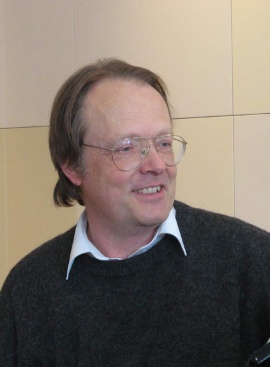
Johannes Umbreit (ピアノ・スコア)
Prof. Johannes Umbreit studied the piano at the Musikhochschule in Munich. From 1987 onwards he was a regular accompanist at courses given by Wolfgang Schneiderhan, Thomas Brandis, Ljerko Spiller, Igor Ozim, Olga Woitowa, Ernő Sebestyén, Walter Nothas, F. Andrejevsky, Denis Zsigmondy and Zakhar Bron amongst others. He has appeared in numerous radio and TV broadcasts and plays chamber music with members of the Bavarian State Orchestra, the Munich Philharmonic Orchestra and the Bavarian Radio Symphony Orchestra.
He is on the jury of different international competitions and has been invited to several international music festivals. Umbreit was a teacher for almost ten years at the Musikhochschule in Munich and at the same time a lecturer for chamber music and piano accompaniment at the Richard Strauss Conservatory. Since 2008 he has been a lecturer at the Hochschule für Musik und Theater München. As the long-serving managing director of the Richard-Strauss-Gesellschaft, he was made an honorary member of the board in 2009. In May 2011, the Bavarian Minister of Culture appointed Johannes Umbreit an honorary professor of the Hochschule für Musik und Theater München on the suggestion of its academic senate.
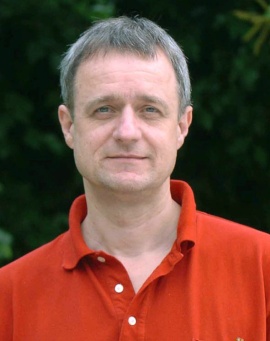
Andreas Groethuysen (運指)
Prof. Andreas Groethuysen, born in 1956 in Munich, studied music with Ludwig Hoffmann in Munich and, on a scholarship from the “Studienstiftung des Deutschen Volkes”, with Peter Feuchtwanger in London.
After several years as a soloist, Groethuysen formed a piano duo with Yaara Tal, which has now become the focus of his artistic work. The duo regularly performs in many European countries, in Israel, China, North and South America. In exclusive cooperation with SONY CLASSICAL the internationally acclaimed piano duo has released a great many CDs – 28 to date – almost all of which have been awarded prizes.
製品安全に関する情報

G. Henle Verlag
製品の製造元に関する情報はこちらでご覧いただけます。G. Henle Verlag
Forstenrieder Allee 122
81476 München
info@henle.de
www.henle.com
Beide uitgaven zijn voorbeeldig verzorgd. In de orkestpartij wordt de originele instrumentatie vermeld, originele vingerzetting is opgenomen en nieuwe van Andreas Groethuysen toegevoegd.
Pianowereld, 2014おすすめ
autogenerated_cross_selling
このタイトルを含む他の版
このタイトルを含む他の版


